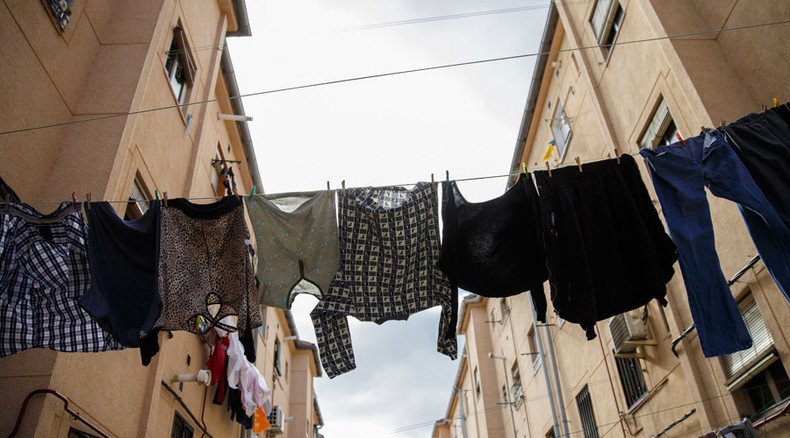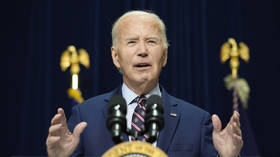More millennials living with their parents even as economy recovers

Young adults are living with their parents at greater rates than during the lowest point of the “Great Recession,” even in the face of improved job prospects as the economy recovers, a new study finds.
The living arrangements of young adults seem to have come unhinged from labor market conditions, as they are becoming less likely to live on their own as the economy improves from the financial crisis. Five years into the economic recovery, full-time employment is up and wages are starting to rebound. But despite these improvements in the labor market, more millennials are living with their parents than they were during the worst period of the recession, according to a recent Pew Research report.
In 2010, 69 percent of 18- to 34-year olds were living on their own, compared to 67 percent in the first third of 2015. Over that same period, the share of millennials living with their parents increased from 24 to 26 percent.
READ MORE: Generation debt: Govt overspending to leave millennials with ‘apocalyptic' £6trn bill
This trend isn’t afraid of gender discrimination either. Young women are more likely to live independently than their male counterparts, with 72 percent of millennial women living on their own compared to 63 percent of men.
This trend is strange precisely because unemployment data paints a seemingly contradictory picture. The national unemployment rate for those aged 18 to 34 saw a sharp drop from 12.4 percent in 2010 to 7.7 percent in 2015. Wages have correspondingly increased, with median weekly earnings among young adult workers increasing from their 2012 low of $547 to $574 in 2015.
These brighter economic trends aren’t matched by social indicators. For example, 18- to 34-year-olds in 2015 are starting households at a rate lower than they were previously, with 25 million young adults heading households now compared to 25.2 million in 2007, before the recession began. This statistic is all the more worrying considering there are nearly 3 million more adults in this age group now than in 2007.
READ MORE: Millennials overtake baby boomers; minority babies outnumber white – Census
Seeing as young adults are a growing demographic group, recently outnumbering baby boomers, the lack of demand from millennials for their own home could have important negative consequences for the nation’s housing market, which could, in turn, spill over to other ancillary purchases such as furnishing and telecom, according to the report.
Young adults who are college-educated have made the greatest rebound from the ravages of the Great Recession, with 86 percent living independently of their families, compared to the base rate of 67 percent among the general population. This number has also slid since the recovery started, however, as 88 percent of college-educated young adults were living on their own in 2010.












